Endless drinking parties at No. 10. Expensive flat refurbishments paid for by someone else. And plenty of ambitious rivals jostling to take the crown. There are plenty of threats to Boris Johnson and to the Conservative party right now. But the real one is buried in the small print of the labour market report today. Real wages are starting to fall sharply.
On the surface, today’s data from the Office for National Statistics was very encouraging for the government, especially at a time when very little has been going right for it. Despite the end of the furlough scheme, the partial closure of businesses during the latest wave and chaotic supply global supply chains, the British economy remains a formidable machine for creating new jobs. There are now 29.5 million employees in the UK, an increase of 184,000 on the November level, and, perhaps more remarkably, over 400,000 more than there were at the start of the pandemic. Unemployment was down another 0.4 per cent to just 4.1 per cent. Fears of a wave of job losses as government support was removed have proved baseless. There is plenty of work out there for anyone that wants it.
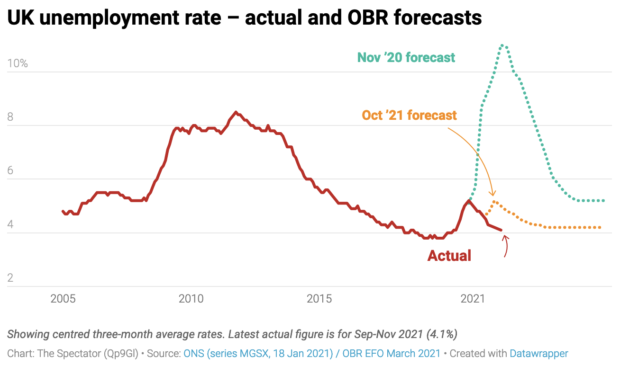
But here’s the problem. Annualised wage growth, which started to accelerate sharply a year ago, has slipped back to 4.2 per cent. In the immediate aftermath of our departure from the European Union, and with many Eastern Europeans leaving the UK, employers offered hefty wage rises to fill all their vacancies. That has now started to fade away and it is doing so precisely as inflation is starting to take off.
Prices are already rising at a rate of 5.1 per cent a year, and that is expected to accelerate to six per cent over the next few months. The result? Real wages are starting to fall and soon they will be dropping at a rate of two per cent or more annually. At that rate, people start to feel a lot poorer quite quickly, especially at the bottom of the income scale.
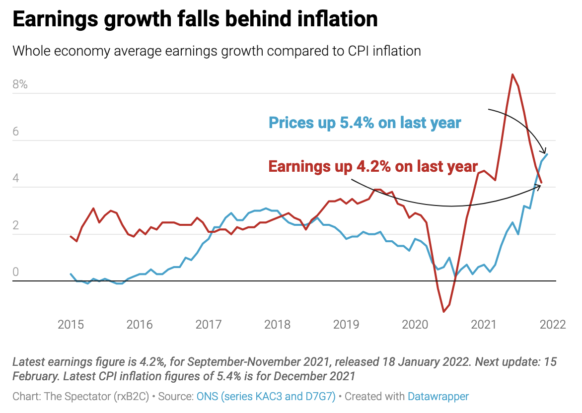
The government has levers it can pull if it wants to. It needs to get inflation back down with tighter control of the money supply, public spending and, if necessary, higher interest rates. And it needs to free up the supply side to create more competition, by far the best way of combating rising prices.
At a more normal, controlled rate of two per cent inflation, and with wages rising at 4.2 per cent, living standards would be increasing very steadily. But right now, that isn’t happening. In reality, that is going to create huge problems for the Conservative party. Governments can survive scandals and splits. They are part of the day-to-day political noise. But they very rarely survive falling living standards. And Boris Johnson, a man whose entire political career has been built on a brand of boosterism, is unlikely to be the exception to that rule.
Got something to add? Join the discussion and comment below.
Get 10 issues for just $10
Subscribe to The Spectator Australia today for the next 10 magazine issues, plus full online access, for just $10.


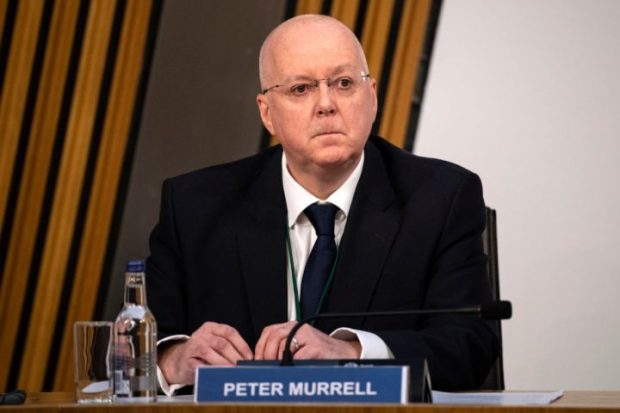
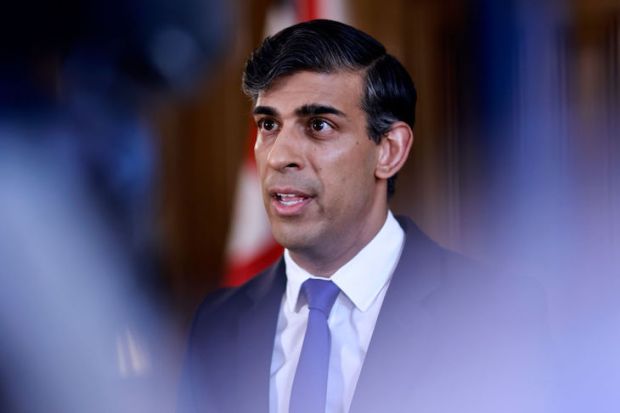
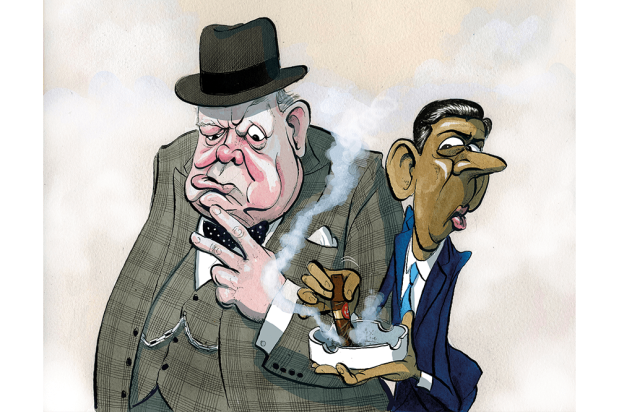

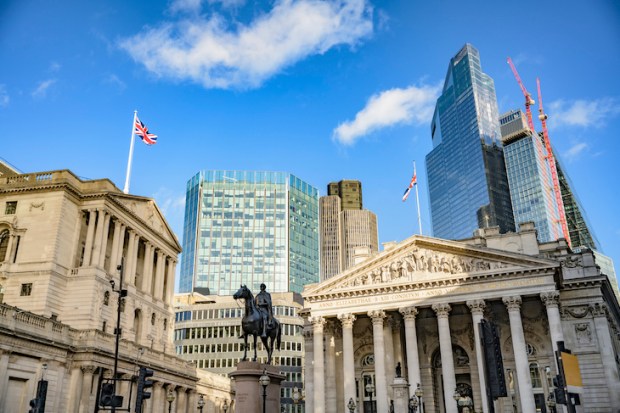













Comments
Don't miss out
Join the conversation with other Spectator Australia readers. Subscribe to leave a comment.
SUBSCRIBEAlready a subscriber? Log in